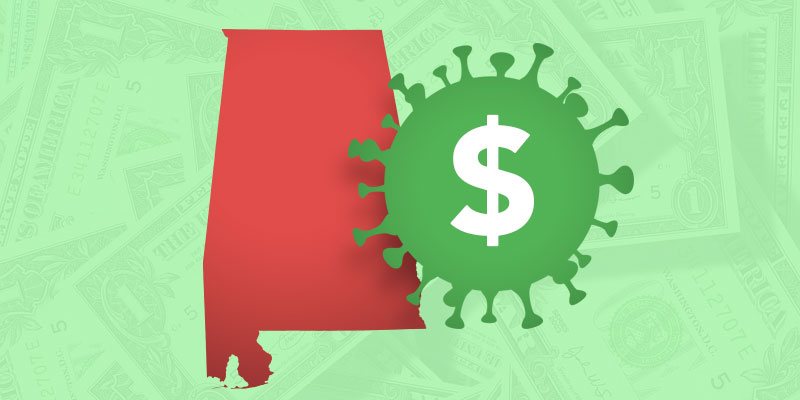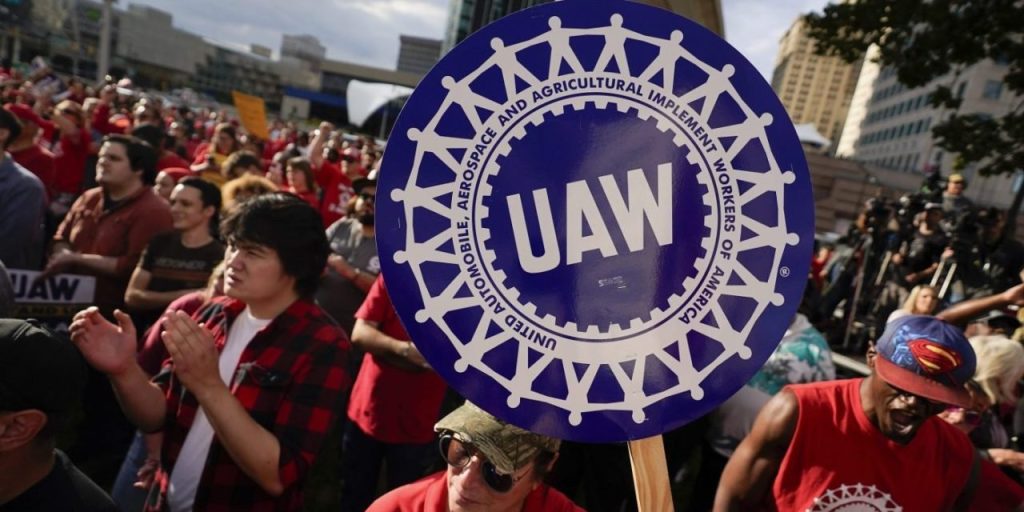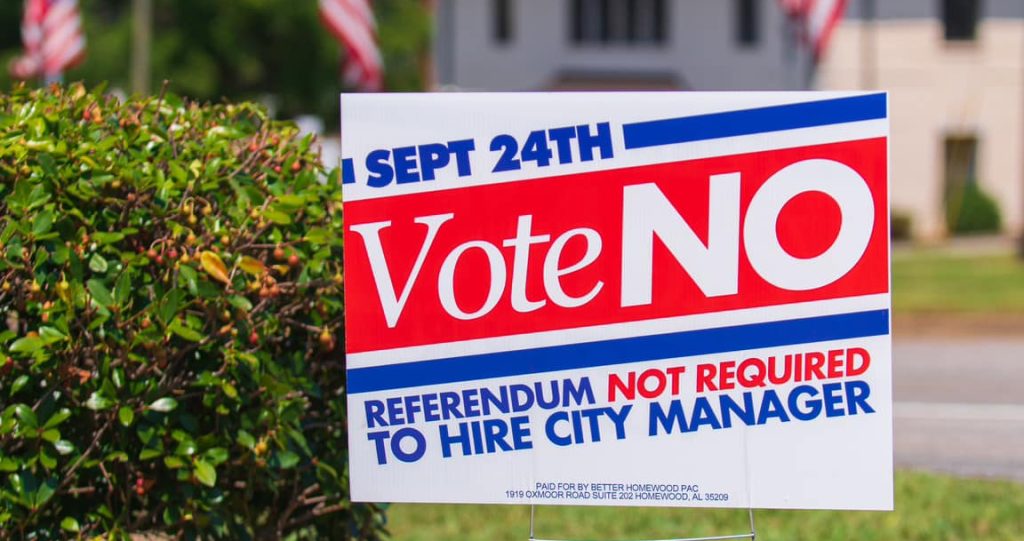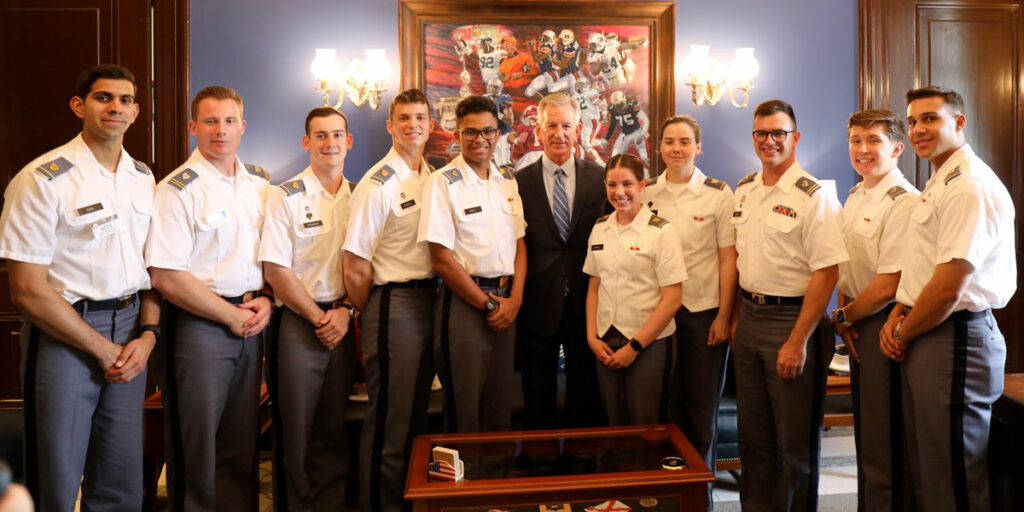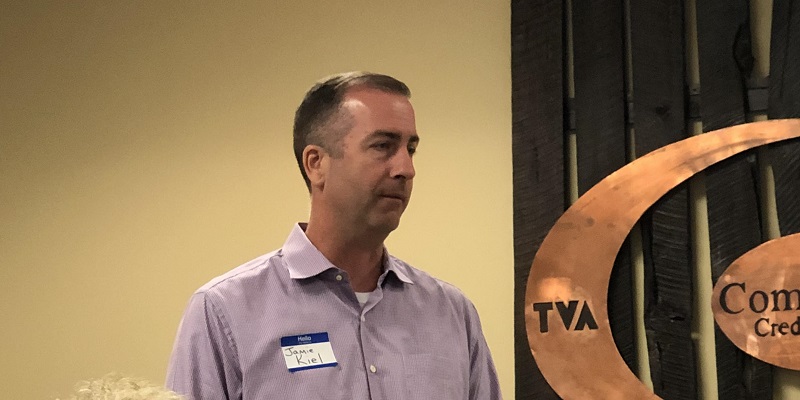HOMEWOOD — The “Reopening the Economy in the Age of COVID” conference occurred Thursday in suburban Birmingham, drawing leading academics and economists from across the nation to discuss not only the COVID-19 pandemic but also how lessons learned from the past year should help inform public policy and future decision-making to avoid repeated mistakes.
The event was organized by Troy University’s Manuel H. Johnson Center for Political Economy, which is housed within the Sorrell College of Business. Cosponsors included in-state groups such as the Business Council of Alabama, Alabama Farmers Federation and Alabama Policy Institute; national co-sponsors included the American Institute for Economic Research and the Heartland Institute.
The conference was held at the new Valley Hotel, with enhanced social distancing and sanitation protocols in place.
The program opened with a luncheon put on by the Federalist Society’s Birmingham chapter. Matthew Denhart — president of the Calvin Coolidge Presidential Foundation’s Coolidge Fund, was the featured speaker at the luncheon, filling in for the foundation’s chair, Amity Shlaes.
This was followed by the first panel of the day, entitled “Costs and Consequences of Lockdowns.”
The discussion consisted of economists who supplied and interpreted data regarding the harmful economic impacts of COVID and COVID-related restrictions on business. Panelists were Dr. Stephen Miller, Ph.D., from Troy’s Sorrell College of Business; Dr. Daniel Sutter, Ph.D, from Troy’s Sorrell College of Business; Dr. Phil Magness, Ph.D., senior research fellow at the American Institute for Economic Research; and John Tamny, editor of RealClearMarkets and vice president of FreedomWorks.
“Both the virus and the policies that state and local governments have enacted to control the virus have economic impacts,” summarized Sutter. “And one of the important tasks economists are going to have going forward is to attempt to try to figure out how much of what’s happened over the last year was the virus itself versus how much was the impacts of the policy beyond the virus. That’s going to be a challenging task. … It’s one that we’ll know a lot more about in the next couple of years. But we do know that the extreme lockdown policies that were in effect as of like last April were projected to have an enormous cost.”
Sutter explained that several topline, aggregate statistics — such as GDP — are poor measurements of how pandemic-related policies such as lockdowns have negatively affected the economy through limiting consumer options.
Explaining this reasoning, he said, “People didn’t stop eating; they stopped eating at restaurants that were closed by government order. People didn’t stop spending money; but they couldn’t spend money at small retail stores that were closed.” Read a column he penned on this topic here.
“If we want to really try to quantify the economic losses that we’ve suffered, we’ve got to look beyond the traditional economic losses,” Sutter later added. “Businesses have suffered financial losses, that’s certainly true. Small businesses and restaurants that have failed during the pandemic and the lockdowns, have experienced financial losses. But these businesses were the life dreams of their owners and their entrepreneurs. Those dreams have been crushed.”
He also outlined that increased unemployment has caused negative effects that are not reflected by aggregate statistics, especially due to relief measures covering some of the financial losses normally associated with unemployment. Some of these unaccounted-for effects include increased depression, substance abuse, domestic abuse and even suicide, he said. Sutter made similar points regarding the substantial but hard-to-account-for negative effects of school closures. He further underlined the loss of autonomy across the populace as a factor that needs to be included in calculating the true impact of the pandemic and lockdowns.
“We do have to think about the distribution of these costs of the pandemic and the policies that we’ve undertaken,” Sutter concluded. “Because they’ve been tremendously uneven and very regressive… There’s an old saying that … it’s a rich man’s war but a poor man’s fight. I think the war against SARS-CoV-2 can also be described similarly. It’s been a rich man’s war, but the poor have been doing a lot of fighting for us.”
Tamny delivered perhaps the most fiery speech of the day; his remarks were largely based on a book he is releasing entitled, “When Politicians Panicked.”
As the title suggests, Tamny believes that in response to COVID-19, “politicians panicked in disastrous fashion.” He argues that individuals would have been better suited to obtain and utilize information how they saw fit to deal with COVID rather than the liberty-curtailing government response we have witnessed over the past 12 months.
“Freedom is the first, middle and last answer every single time in response to anything,” he began. “My major concern with numeric arguments is it sets us up for more of this in the future.”
“The answer should always, always be freedom regardless of what people presume are the implications,” Tamny stressed.
He repeatedly emphasized what he views as low rate of lethality associated with COVID-19.
“But let’s again presume that it was extraordinarily lethal. The last thing you’d want to do in response to something that’s a killer is to force a contraction of the economy,” Tamny advised. “And the reason for that is very basic. Economic growth, prosperity is easily the biggest enemy of death and disease. Nothing else comes close. Poverty is the biggest killer mankind has ever known. When you’re fighting a virus, you don’t destroy the economy.”
“You can’t begin to describe how mind-numbingly, matchlessly stupid the response was,” he decried. “You don’t fight death and disease with economic contraction, yet that’s what they did.”
He highlighted that free people, in addition to creating wealth and resources to elongate human lives, produce vital information.
“Historians will marvel at the shocking stupidity that got us to where we are, because they literally chose to make us less capable of fighting the virus, as opposed to more capable of doing so,” Tamny lamented.
The day’s program later included remarks by Alex Epstein, founder of the Center for Industrial Progress and author of “The Moral Case for Fossil Fuels.”
The second panel of the day was entitled, “Liberty, Lockdowns, and Law.” It focused on addressing the legal aspects of responses to COVID. Panelists included Michael DeGrandis, senior litigation counsel for the New Civil Liberties Alliance; S.T. Karnick, director of publications for the Heartland Institute; Andrew Graham, senior fellow at the Religious Freedom Institute; and former State Sen. Phil Williams, now chief policy officer and general counsel for the Alabama Policy Institute.
Sean Ross is the editor of Yellowhammer News. You can follow him on Twitter @sean_yhn




